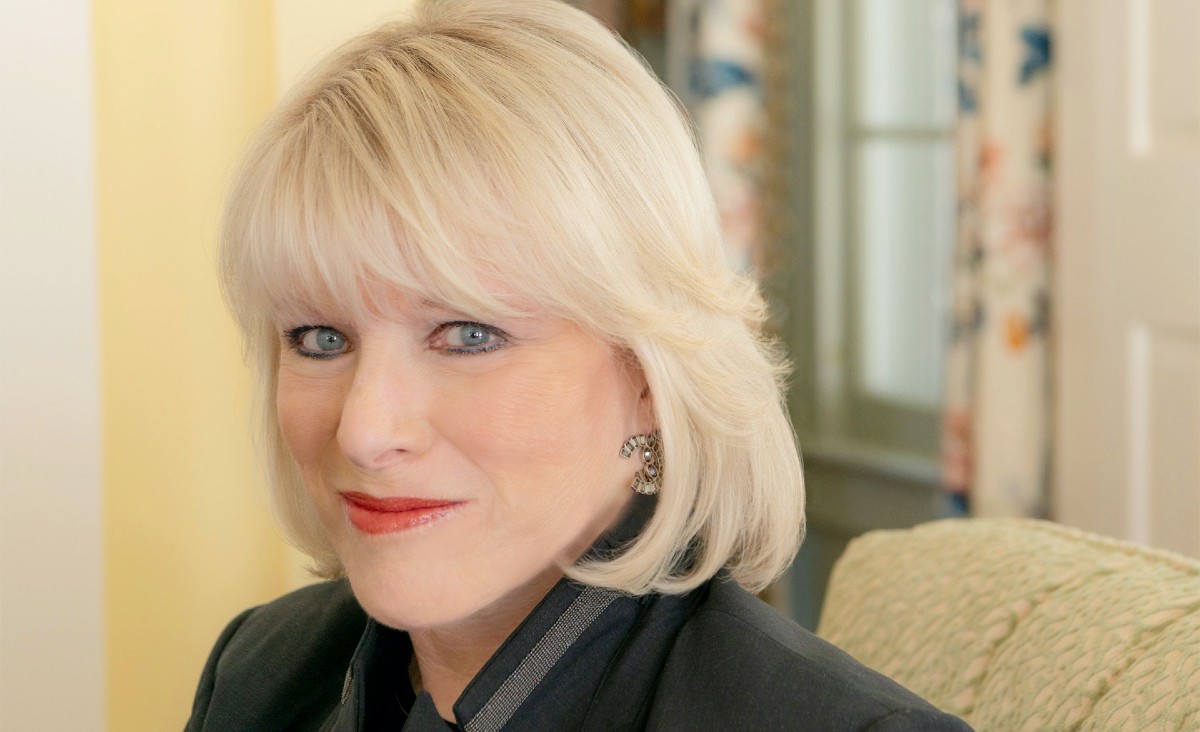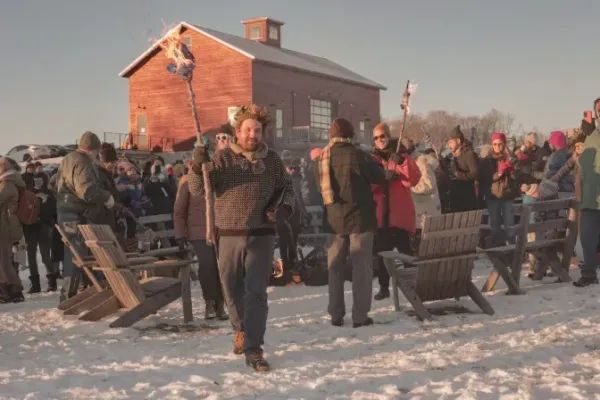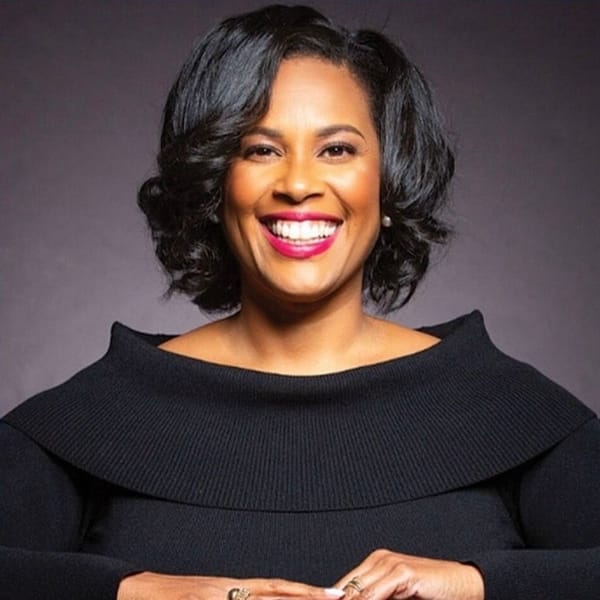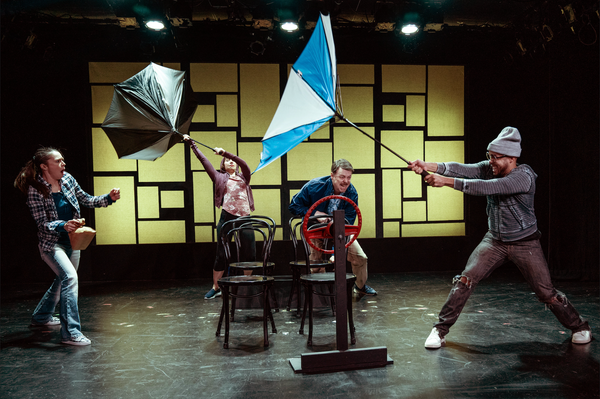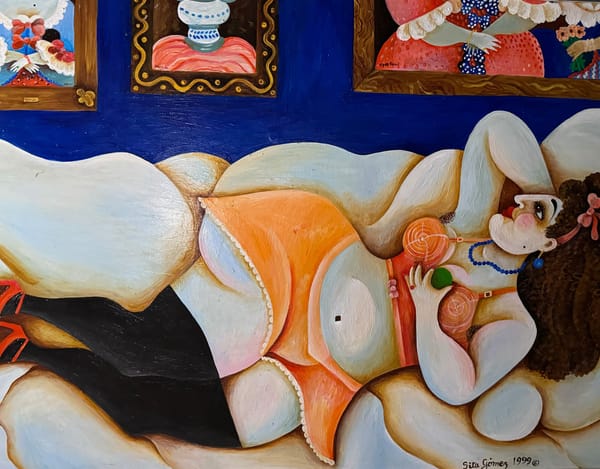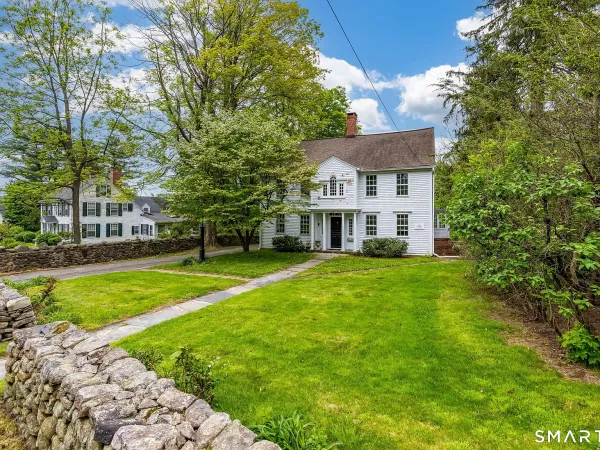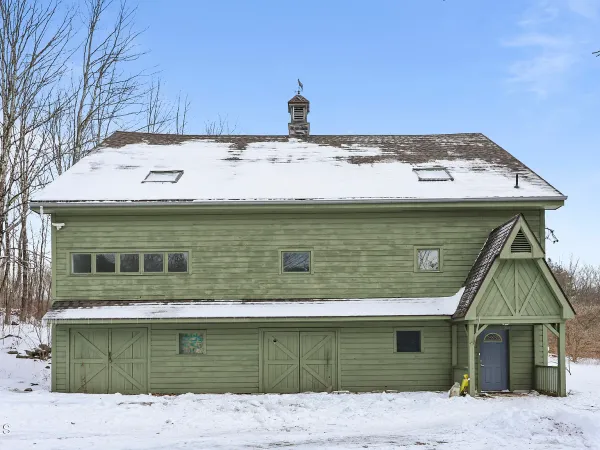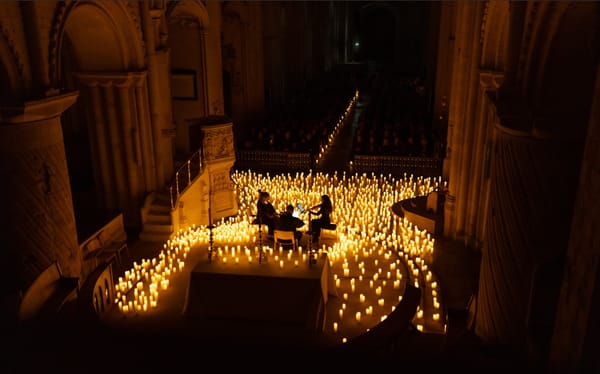Conversations on the Green Goes From Parish Hall To National Public TV
The original town hall forum series with A-list guests started in Washington, Conn. and has moved to “prime time.”

The original town hall forum series with A-list guests started in Washington, Conn. and has moved to “prime time.”
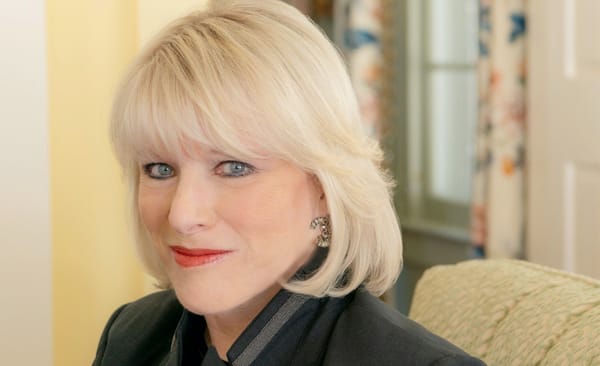
Jane Whitney. Photo: Sari Goodfriend
Raise your hand if you’ve attended a (virtual) talk featuring a renowned someone in the past year. A quick glance at RI’s events calendar indicates that our region offers an abundance of opportunities to hear Big Name experts talk about their fields. Prior to the pandemic, those talks were in real life; lately they’ve been virtual events, and thank goodness for the many libraries and other presenters of those programs. But of the organizations hosting these experts, how many have moved from parish hall to PBS in the span of a decade?
That singular distinction goes to Conversations On the Green (COG), the extraordinary town hall-style series that began in Washington, Conn. at the request of some community-minded residents. Ten years ago, this group of friends approached their neighbor Lindsey Gruson, author and former New York Times journalist. They wanted him to do a lecture series. Fine, he said, but let’s do it for charity. And, he added, Jane Whitney, his wife, a former correspondent for NBC News who later hosted her own talk show, would be the moderator.
Thanks to that supportive community, a stellar roster of panelists (you’ve heard of most of them, if not all), and to producer Gruson and moderator Whitney, Conversations On the Green has flourished, and has recently been picked up by PBS. “Explore the country’s most provocative issues and ideas in this discussion series,” its website extols, with COG sharing the page alongside the eminent PBS News Hour, Washington Week, Amanpour & Co. and Firing Line.
Not bad for a small-town event driven by a small group of people who donated their time and effort for, at first, three events a summer. Targeted to part-time residents who could support the events with ticket purchases, audiences of 80 to 200 gathered in the parish hall of St. John’s Church on the Green. COG's chosen beneficiary was Greenwoods Counseling Referrals, Inc. Later they added the Susan B. Anthony Project and New Milford Hospital Foundation in their charity mix.
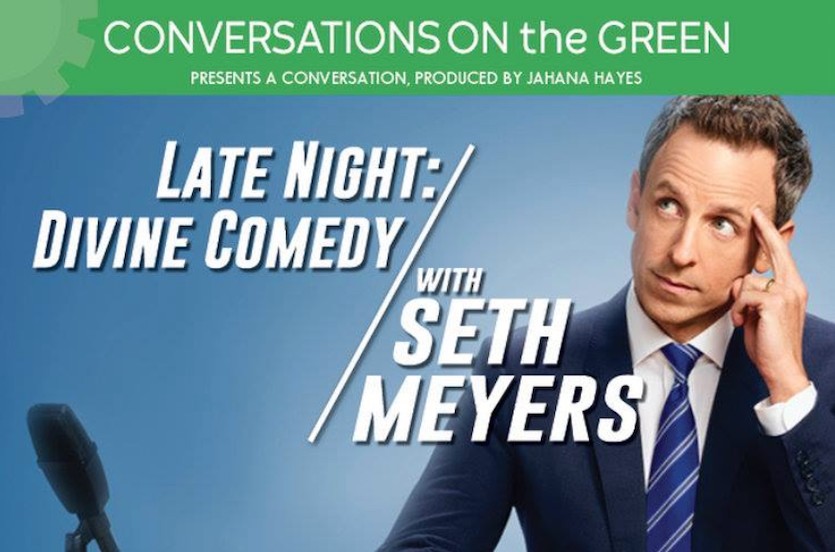
But with a roster of panelists that reads like a who’s who of politics, media, history and other subjects, it’s not surprising that three shows grew to six. By then, COG had outgrown the parish hall, and had moved into the theater at Washington Montessori School.
With the arrival of COVID-19, COG pivoted to a virtual presentation. When Connecticut Public TV wanted to partner with COG to air on its station, the cameras rolled into the Gruson/Whitney household and episodes continued apace. The video versions were posted on Vimeo. Although some spontaneity may have been lost online, the programs still offer a 90-minute intimate conversation with guests. There’s still an interactive aspect to it; prior to the broadcast, viewers are invited to submit video questions. Following the live, uncut version, Gruson edits each segment for public TV.
“We’ve been fortunate with our panelists, because we don’t pay them,” says Laura Neminski, COG’s executive director, one of only a handful of staffers. Much of the workload is shouldered by volunteers, although they did finally hire a booker last year. “After previously working in conjunction with a variety of local nonprofits, COG incorporated as an independent nonprofit in 2019, and we’re always looking for support, both corporate and grants.” The ticket fee for the live program is a charitable contribution of $25; students are given free access.
Of course, Chris Hayes, Malcolm Nance, Paul Krugman, Jon Meacham and all the others wouldn’t come on the show if it didn’t offer them the opportunity to have substantive, long-form conversations.
“What really sells the show to them is other people talking about it,” says Whitney. “Nicolle [Wallace] told Joy [Reid] who told Ari [Melber]. It really allows them to develop their thoughts. The enthusiasm for this endeavor has lifted it to the national stage.”
Rarely do you see this level of prominence showing up in a single speaker series, let alone one formed in a small town tucked in the Litchfield Hills. Is there anyone Whitney hasn’t been able to get?

Whitney broadcasting from her home studio.
“I went after Seth Meyers for years,” she admits. Meyers has a home in Litchfield County, and Whitney was keen to get him; she’d go to benefits she thought he’d attend, expecting to run into him, but no such luck. When she heard that Jahana Hayes, U.S. Representative for the Fifth Congressional District of Connecticut (and COG panelist) was going to be on his show, Whitney had Hayes hand deliver the invitation to Meyers. That worked.
Last year’s topics and panelists were exquisitely timely (“Democracy in Color,” with Joy Reid, Maya Wiley and Jason Johnson; “Life After Covid-19: A Brave New World” with Douglas Brinkley, Dr. Ezekiel Emanuel and Nicholas Kristof; “The Politics of Justice” with Neal Katyal, Chuck Rosenberg and Joyce Vance, among other critical topics.). Each segment drew between 600 to 800 registrants. The new season, which will be nationally aired, begins May 2 with — wait for it — Dr. Fauci. Other shows (there will be a lucky 13 in all) will feature John Brennan and David Ignatius.
Whitney’s no stranger to being on camera — she was a talk show host, after all ("The Jane Whitney Show"), as well as a reporter for “Entertainment Tonight.” She also anchored broadcasts for PBS, CNN and CNBC. In the original town hall format, she moved through the audience, mic in hand. The most current segments place her in the more staid setting of her living room. Either way, she’s just glad they can still do the show.
“But the town hall format is my animating spirit,” she says. “I love the interaction of a live audience. We will go back to that.” Plus, she says of her at-home set, it was tough keeping the plants alive, although she’s received the unofficial seal of approval that declares she didn’t do too badly. “We got a ten out of ten from Room Rater. I was pretty happy with that.”
Last year, COG took on a national charity, the American Nurses Foundation Coronavirus Fund, and in 2020 alone raised $70,000, according to Executive Director Neminski. Even with all the marquee names and attention from PBS, the original mission remains the same.
“We get people talking and engaged, and raise money for charity,” she says.
